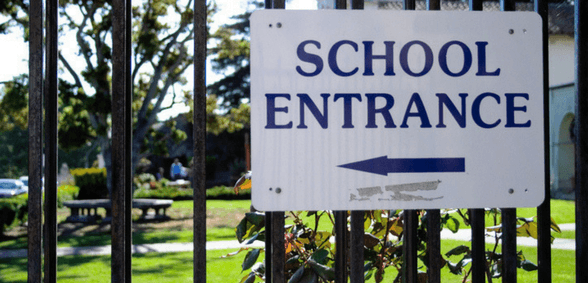
Following news earlier this year that a Bracknell school is set to turn its car park into a pay and display public car park at the weekends and during school holidays to raise much-needed funds – and with the summer break just around the corner seeing many schools contemplating similar initiatives – VWV’s Daliah Haughton provides a quick-fire guide on the implications of facilities hire
Hiring out school assets when not in use for their primary purpose can seem like a no-brainer to secure additional funding – but you need to consider key areas of compliance, regulation and best practice first.
Do you own the land?
Governing bodies of maintained schools will not, necessarily, own their school’s site, and so consent from the landowner might first be required. Governing bodies have wide powers to conduct the school and provide facilities and services for the benefit of their communities, so any hiring must be considered within these parameters.
Academy trusts will usually own the freehold or leasehold of their school sites, but you should check the property documentation to ascertain whether any consents are needed, or whether there is any restriction on the use of land. Where you do not have either a leasehold or freehold interest (usually the case in relation to former voluntary schools) consent of the landowner will be required.
Do you need consent from the ESFA?
Academies will need to consider their funding agreements and the Academies Financial Handbook to determine whether regulatory consent is required. The funding agreement will usually prohibit the academy trust from licensing land without the secretary of state for education’s consent, and the handbook prohibits leasing – including short-term tenancies – without consent.
Are you providing services with the facilities?
If services are being provided – eg. catering – then the tax position will need to be considered carefully. Hiring with services attached is not exempt from tax in the same way that rental income from hiring alone is. If you will be providing services, you will need to be sure that the total income from trading does not exceed the limits permitted before profits are subject to tax. We recommend that you consult with auditors/tax advisers on this.
Are you complying with guidance on safeguarding?
The Charity Commission has made it clear that all charities – including academy trusts and the governing bodies of foundation and voluntary schools – must take reasonable steps to protect people who come into contact with their charity from harm. This includes parties to whom facilities are being hired and individuals who use those facilities. Before entering into any hiring arrangements you should consider this principle and put in place policies and procedures to demonstrate effective safeguards.
Are the terms on which you are hiring your facilities sufficiently robust?
By inviting third party users onto your premises, you will be undertaking a series of obligations – and you will expect the hirer to comply, in turn, with your requirements. It is important for both parties that these expectations are clearly set out and agreed to.
For example, you will need to make sure that the hire terms deal appropriately with your expectations of the hirer in terms of safeguarding commitments, and that they support any VAT treatment which you are seeking to achieve. You will also need to bear in mind that, where the hirer is a consumer, the hire terms will need to be consistent with relevant consumer legislation. You will also need to consider the nature of the hiring and whether a lease or a licence is the most appropriate form of document to use.


Be the first to comment